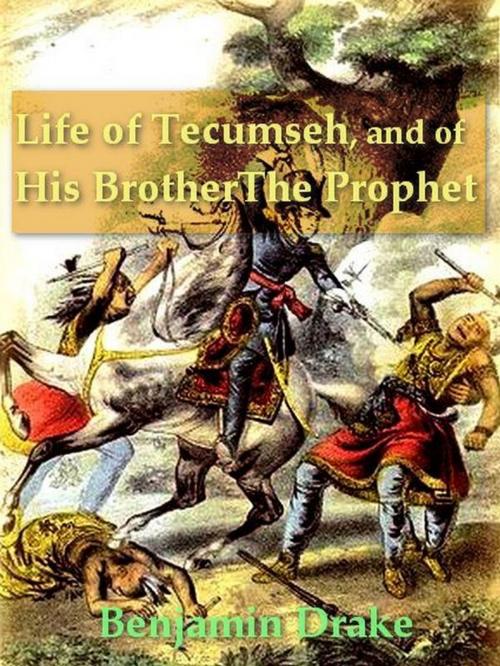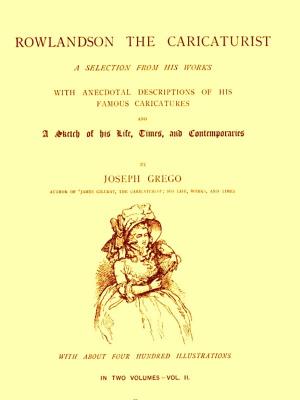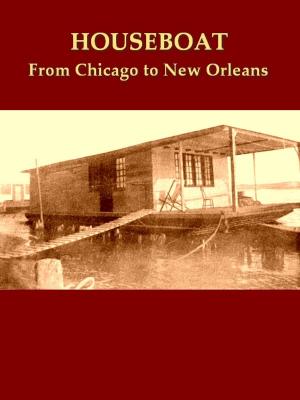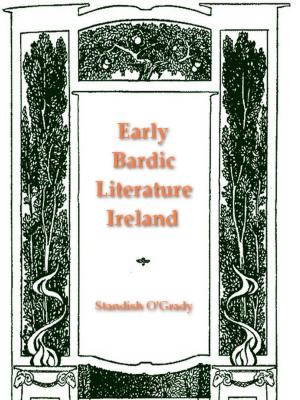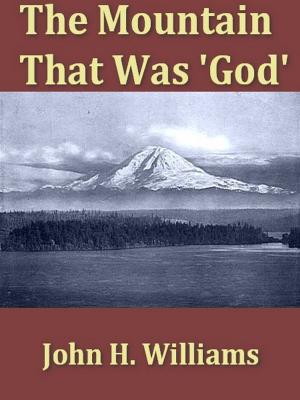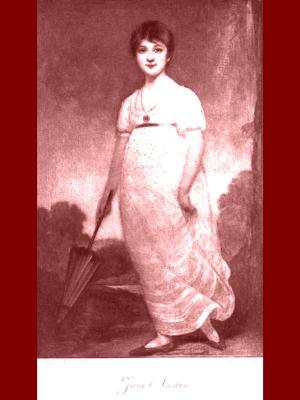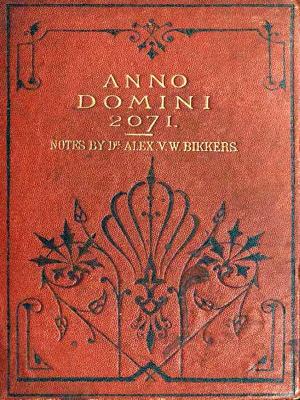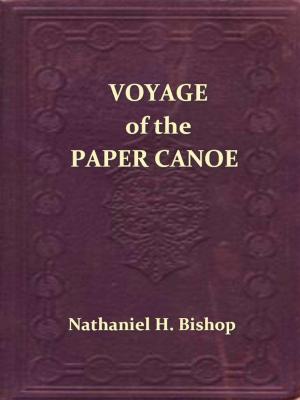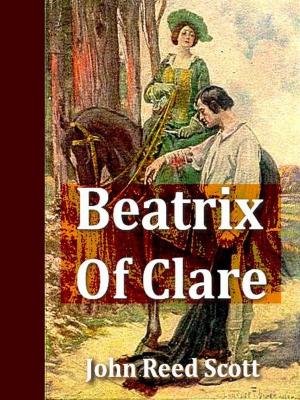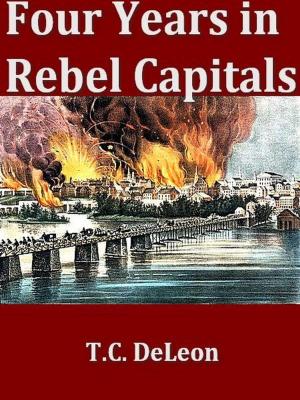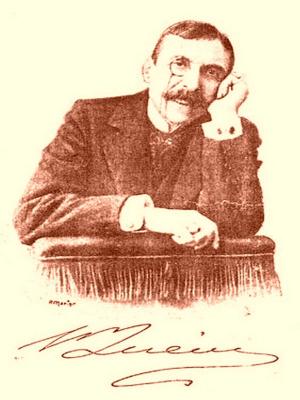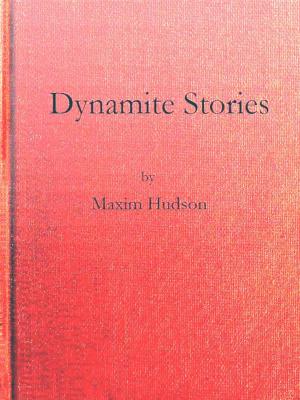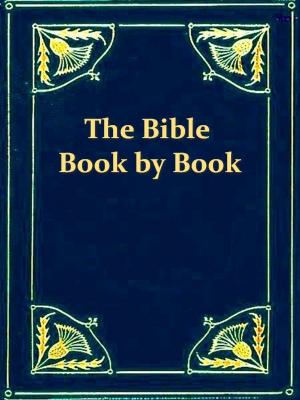Life of Tecumseh, and of His Brother the Prophet
With a Historical Sketch of the Shawanoe Indians
Nonfiction, History, Americas, Native American, Biography & Memoir| Author: | Benjamin Drake | ISBN: | 1230000146519 |
| Publisher: | VolumesOfValue | Publication: | June 30, 2013 |
| Imprint: | Language: | English |
| Author: | Benjamin Drake |
| ISBN: | 1230000146519 |
| Publisher: | VolumesOfValue |
| Publication: | June 30, 2013 |
| Imprint: | |
| Language: | English |
Life of Tecumseh, and of His Brother the Prophet
With a Historical Sketch of the Shawanoe Indians
This edition features a linked Table of Contents and Footnotes.
CONTENTS
HISTORY OF THE SHAWANOE INDIANS
CATAHECASSA, or BLACK-HOOF
CORNSTALK
SPEMICA-LAWBA, the HIGH HORN; or, CAPTAIN LOGAN
THE LIFE OF TECUMSEH.
CHAPTER I.
Parentage of Tecumseh—his sister Tecumapease—his brother Cheeseekan, Sauweeseekau, Nehasseemo, Tenskwautawa or the Prophet, and Kumakauka
CHAPTER II
. Birth place of Tecumseh—destruction of the Piqua village—early habits of Tecumseh—his first battle—effort to abolish the burning of prisoners—visits the Cherokees in the south—engages in several battles—returns to Ohio in the autumn of 1790
CHAPTER III.
Tecumseh attacked near Big Rock by some whites under Robert M'Clelland—severe battle with some Kentuckians on the East Fork of the Little Miami—attack upon Tecumseh in 1793, on the waters of Paint creek—Tecumseh present at the attack on fort Recovery in 1794—participates in the battle of the Rapids of the Maumee, in 1794
CHAPTER IV.
Tecumseh's skill as a hunter—declines attending the treaty of Greenville in 1796—in 1796 removed to Great Miami—in 1798 joined a party of Delawares on White river, Indiana—in 1799 attended a council between the whites and Indians near Urbana—another at Chillicothe in 1803—makes an able speech—removes with the Prophet to Greenville, in 1805—the latter commences prophecying—causes the death of Teteboxti, Patterson, Coltos, and Joshua—governor Harrison's speech to the Prophet to arrest these murderers—effort of Wells the U.S. Indian agent to prevent Tecumseh and the Prophet from assembling the Indians at Greenville—Tecumseh's speech in reply—he attends a council at Chillicothe—speech on that occasion—council at Springfield—Tecumseh principal speaker and actor
CHAPTER V.
Governor Harrison's address to the Shawanoe chiefs at Greenville—the Prophet's reply—his influence felt among the remote tribes—he is visited in 1808 by great numbers of Indians—Tecumseh and the Prophet remove to Tippecanoe—the latter sends a speech to governor Harrison—makes him a visit at Vincennes
CHAPTER VI.
Tecumseh visits the Wyandots—governor Harrison's letter about the Prophet to the Secretary of War—British influence over the Indians—Tecumseh burns governor Harrison's letter to the chiefs—great alarm in Indiana, in consequence of the assemblage of the Indians at Tippecanoe—death of Leatherlips, a Wyandot chief, on a charge of witchcraft
CHAPTER VII.
Governor Harrison makes another effort to ascertain the designs of Tecumseh and the Prophet—Tecumseh visits the governor at Vincennes, attended by four hundred warriors—a council is held—Tecumseh becomes deeply excited, and charges governor Harrison with falsehood—council broken up in disorder—renewed the next day
CHAPTER VIII.
Alarm on the frontier continues—a Muskoe Indian killed at Vincennes—governor Harrison sends a pacific speech to Tecumseh and the Prophet—the former replies to it—in July Tecumseh visits governor Harrison at Vincennes—disavows any intention of making war upon the whites—explains his object in forming a union among the tribes—governor Harrison's opinion of Tecumseh and the Prophet—murder of the Deaf Chief—Tecumseh visits the southern Indians
CHAPTER IX.
Governor Harrison applies to the War Department for troops to maintain peace on the frontiers—battle of Tippecanoe on the 7th of November—its influence on the Prophet and his followers
CHAPTER X.
Tecumseh returns from the south—proposes to visit the President, but declines, because not permitted to go to Washington at the head of a party—attends a council at fort Wayne—proceeds to Malden and joins the British—governor Harrison's letter to the War Department relative to the north-west tribes
CHAPTER XI.
Tecumseh participates in the battle of Brownstown—commands the Indians in the action near Maguaga—present at Hull's surrender—general Brock presents him his military sash—attack on Chicago brought about by Tecumseh
CHAPTER XII.
Siege of fort Meigs—Tecumseh commands the Indians—acts with intrepidity—rescues the American prisoners from the tomahawk and scalping knife, after Dudley's defeat—reported agreement between Proctor and Tecumseh, that general Harrison, if taken prisoner, should be delivered to the latter to be burned
CHAPTER XIII.
Tecumseh present at the second attack on fort Meigs—his stratagem of a sham-battle to draw out general Clay—is posted in the Black Swamp with two thousand warriors at the time of the attack on fort Stephenson—from thence passes by land to Malden—compels general Proctor to release an American prisoner—threatens to desert the British cause—urges an attack upon the American fleet—opposes Proctor's retreat from Malden—delivers a speech to him on that occasion
CHAPTER XIV.
Retreat of the combined British and Indian army to the river Thames—skirmish at Chatham with the troops under general Harrison—Tecumseh slightly wounded in the arm—battle on the Thames on the 5th of October—Tecumseh's death
CHAPTER XV.
Critical examination of the question "who killed Tecumseh?"—colonel R.M. Johnson's claim considered
CHAPTER XVI.
Mr. Jefferson's opinion of the Prophet—brief sketch of his character—anecdotes of Tecumseh—a review of the great principles of his plan of union among the tribes—general summary of his life and character
Life of Tecumseh, and of His Brother the Prophet
With a Historical Sketch of the Shawanoe Indians
This edition features a linked Table of Contents and Footnotes.
CONTENTS
HISTORY OF THE SHAWANOE INDIANS
CATAHECASSA, or BLACK-HOOF
CORNSTALK
SPEMICA-LAWBA, the HIGH HORN; or, CAPTAIN LOGAN
THE LIFE OF TECUMSEH.
CHAPTER I.
Parentage of Tecumseh—his sister Tecumapease—his brother Cheeseekan, Sauweeseekau, Nehasseemo, Tenskwautawa or the Prophet, and Kumakauka
CHAPTER II
. Birth place of Tecumseh—destruction of the Piqua village—early habits of Tecumseh—his first battle—effort to abolish the burning of prisoners—visits the Cherokees in the south—engages in several battles—returns to Ohio in the autumn of 1790
CHAPTER III.
Tecumseh attacked near Big Rock by some whites under Robert M'Clelland—severe battle with some Kentuckians on the East Fork of the Little Miami—attack upon Tecumseh in 1793, on the waters of Paint creek—Tecumseh present at the attack on fort Recovery in 1794—participates in the battle of the Rapids of the Maumee, in 1794
CHAPTER IV.
Tecumseh's skill as a hunter—declines attending the treaty of Greenville in 1796—in 1796 removed to Great Miami—in 1798 joined a party of Delawares on White river, Indiana—in 1799 attended a council between the whites and Indians near Urbana—another at Chillicothe in 1803—makes an able speech—removes with the Prophet to Greenville, in 1805—the latter commences prophecying—causes the death of Teteboxti, Patterson, Coltos, and Joshua—governor Harrison's speech to the Prophet to arrest these murderers—effort of Wells the U.S. Indian agent to prevent Tecumseh and the Prophet from assembling the Indians at Greenville—Tecumseh's speech in reply—he attends a council at Chillicothe—speech on that occasion—council at Springfield—Tecumseh principal speaker and actor
CHAPTER V.
Governor Harrison's address to the Shawanoe chiefs at Greenville—the Prophet's reply—his influence felt among the remote tribes—he is visited in 1808 by great numbers of Indians—Tecumseh and the Prophet remove to Tippecanoe—the latter sends a speech to governor Harrison—makes him a visit at Vincennes
CHAPTER VI.
Tecumseh visits the Wyandots—governor Harrison's letter about the Prophet to the Secretary of War—British influence over the Indians—Tecumseh burns governor Harrison's letter to the chiefs—great alarm in Indiana, in consequence of the assemblage of the Indians at Tippecanoe—death of Leatherlips, a Wyandot chief, on a charge of witchcraft
CHAPTER VII.
Governor Harrison makes another effort to ascertain the designs of Tecumseh and the Prophet—Tecumseh visits the governor at Vincennes, attended by four hundred warriors—a council is held—Tecumseh becomes deeply excited, and charges governor Harrison with falsehood—council broken up in disorder—renewed the next day
CHAPTER VIII.
Alarm on the frontier continues—a Muskoe Indian killed at Vincennes—governor Harrison sends a pacific speech to Tecumseh and the Prophet—the former replies to it—in July Tecumseh visits governor Harrison at Vincennes—disavows any intention of making war upon the whites—explains his object in forming a union among the tribes—governor Harrison's opinion of Tecumseh and the Prophet—murder of the Deaf Chief—Tecumseh visits the southern Indians
CHAPTER IX.
Governor Harrison applies to the War Department for troops to maintain peace on the frontiers—battle of Tippecanoe on the 7th of November—its influence on the Prophet and his followers
CHAPTER X.
Tecumseh returns from the south—proposes to visit the President, but declines, because not permitted to go to Washington at the head of a party—attends a council at fort Wayne—proceeds to Malden and joins the British—governor Harrison's letter to the War Department relative to the north-west tribes
CHAPTER XI.
Tecumseh participates in the battle of Brownstown—commands the Indians in the action near Maguaga—present at Hull's surrender—general Brock presents him his military sash—attack on Chicago brought about by Tecumseh
CHAPTER XII.
Siege of fort Meigs—Tecumseh commands the Indians—acts with intrepidity—rescues the American prisoners from the tomahawk and scalping knife, after Dudley's defeat—reported agreement between Proctor and Tecumseh, that general Harrison, if taken prisoner, should be delivered to the latter to be burned
CHAPTER XIII.
Tecumseh present at the second attack on fort Meigs—his stratagem of a sham-battle to draw out general Clay—is posted in the Black Swamp with two thousand warriors at the time of the attack on fort Stephenson—from thence passes by land to Malden—compels general Proctor to release an American prisoner—threatens to desert the British cause—urges an attack upon the American fleet—opposes Proctor's retreat from Malden—delivers a speech to him on that occasion
CHAPTER XIV.
Retreat of the combined British and Indian army to the river Thames—skirmish at Chatham with the troops under general Harrison—Tecumseh slightly wounded in the arm—battle on the Thames on the 5th of October—Tecumseh's death
CHAPTER XV.
Critical examination of the question "who killed Tecumseh?"—colonel R.M. Johnson's claim considered
CHAPTER XVI.
Mr. Jefferson's opinion of the Prophet—brief sketch of his character—anecdotes of Tecumseh—a review of the great principles of his plan of union among the tribes—general summary of his life and character
